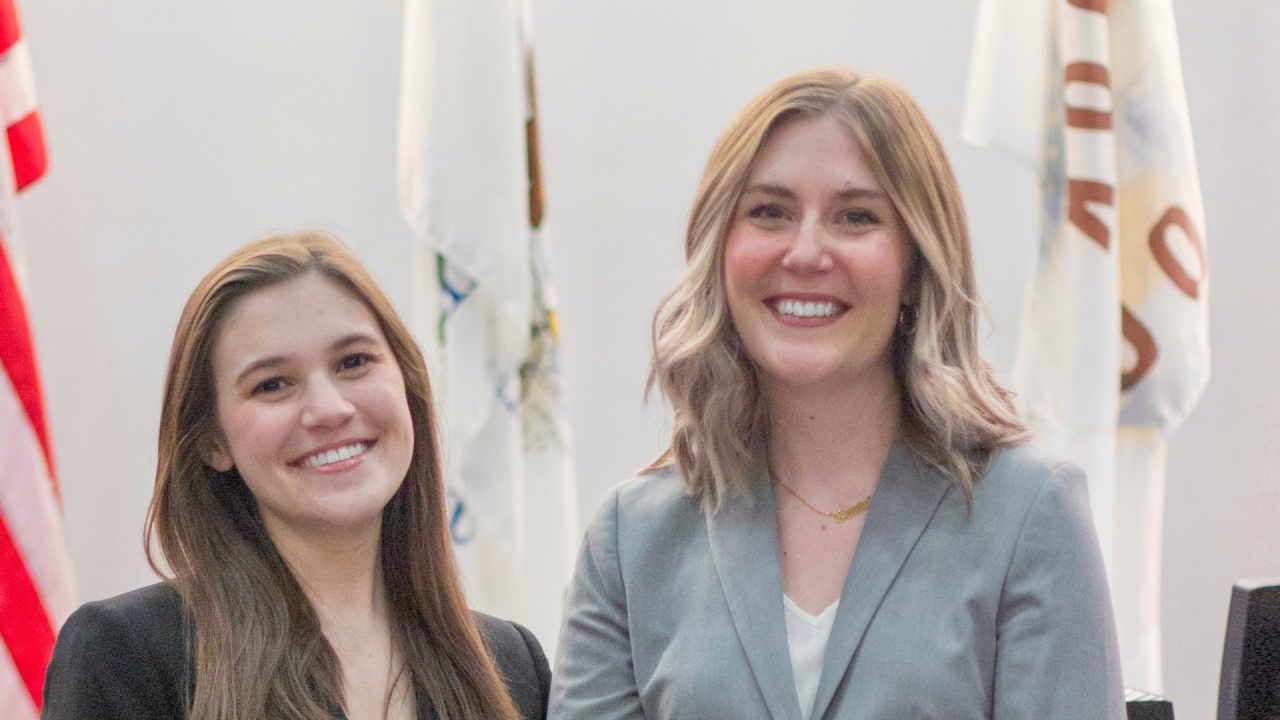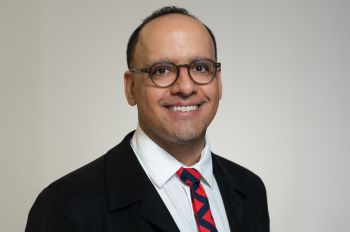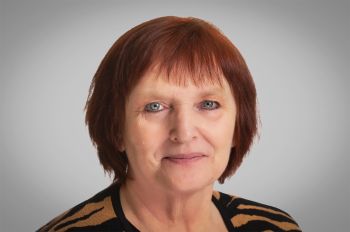Chicago-Kent Wins National Trial Competition’s Regionals with Best Performance in Midwest

A Chicago-Kent team won the regional bout of the National Trial Competition with the highest score of any law school in the Midwest, making it the second year in a row both students will be advancing to the prestigious competition's national rounds.
Zoë Appler ’22 and Emily Salomone ’22 went undefeated in the 2022 Midwest Championship of the American College Of Lawyers/Texas Young Lawyers Association National Trial Competition, which took place the weekend of February 19.
“This is the largest and most prestigious trial competition in the law school world. It is the Super Bowl of trial advocacy,” says Judge David Erickson, who heads Chicago-Kent’s trial advocacy program. “Kent has won four National titles and has had five National Best Advocates. Zoë and Emily are in a great position to bring home number five!”
Both Appler and Salomone won in the National Trial Competition’s regionals last year. Nicknamed “the racoons” for their long evening hours spent preparing in basement classrooms, they and other trial advocacy members typically form a close bond.
“Emily and I have been doing this activity together since our very first day of law school,” Appler says. “It’s been three years in the making, and it’s been worth it. All this work, doing this activity six days a week, on the weekends…and now we’re going to Texas. It’s a nice feeling... poetic. We even got raccoon tattoos.”
“Just getting to work with my teammates, I love them all so much,” Salomone says. “You also get a lot of experience, just learning how to litigate. The skills really do transfer well into litigation practice. I got my 711 license last summer, and all the practice was very effective.”
Chicago-Kent hosted the 2022 regional championship, which included a total of 20 teams from 10 different schools. Two teams from the regional bout will advance to the national competition, which will take place in person in Fort Worth, Texas, from March 30th to April 3rd. One of the two teams from Northwestern Pritzker School of Law, securing 11 ballots compared to Chicago-Kent’s 12, will advance as the regional bout’s runners-up.
The competition centers around a fictional district court case involving a drug charge.
The defendant in the case, a 41-year-old man, was staying at his brother’s apartment when police showed up. Police had been responding to a 911 report of child endangerment. While the basis for the call turned out to be baseless—there were no children in the apartment—police found three grams of cocaine, along with assorted drug paraphernalia such as a scale and baggies, inside the apartment.
The defendant said the drugs weren’t his, but pretended to be his brother—the apartment owner—because the defendant had a warrant for a probation violation. He had previously been convicted of stealing a six-pack of beer.
The competition’s teams had to alternate between arguing for the prosecution and defense. They also had to prepare for “woodshed witnesses”: strangers they met 15 minutes before the start of each bout. The witnesses, supplied by the attending law schools, played either police officers testifying for the prosecution, or, for the defense, the defendant himself or the apartment’s landlord.
In Appler’s case, the wildcard format forced her to hastily prepare a 16-year-old, the son of a professor from one of the competing law schools,to testify as the 41-year-old defendant.
“I basically had to explain how a trial works,” Appler says. During the trial, Appler had to swallow her frustration when the defendant admitted he saw officers remove a gun from the apartment—a gun whose existence she’d fought hard to suppress.
Still, arguing for the defense was easier: across all the competition’s regional bouts, a full 75 percent of the trials were won by the defense.
“Today’s trial took longer than the investigation!” the Chicago-Kent team railed when advocating for the defense. They pointed out there was no forensic evidence, not a single fingerprint, no DNA evidence, nothing beyond the purely circumstantial—and the only witnesses for the prosecution were police officers.
“As a school in general, we heavily run on ‘reasonable doubt.’ So instead of coming up with a story, we just poke holes in the prosecution’s case,” Appler says.
When arguing for the prosecution, the team focused on the fact that the defendant was a convicted felon who had lied to police—and if he lied to the police, then why wouldn’t he lie in court?
The winning Chicago-Kent team won against teams from the University of Illinois Chicago School of Law and Loyola University Chicago School of Law in the preliminary rounds; Liberty University School of Law in the semifinal; and Northwestern Pritzker School of Law in the final round.
Chicago-Kent’s second team, comprised of students Cole Gunter ’23 and Razaul Haque ’23, made it to the semifinal round before being beat by Northwestern Pritzker School of Law’s second team, which also advanced to nationals.
Salomone received her degree in entrepreneurship and small business management from North Central College in Naperville, Illinois, where she was on the trial team for four years. She completed an externship with Chicago-based Lopp Mathias Law, and an internship with the Illinois Attorney General’s Office CK, and is currently clerking HMB Legal CHECK.
Appler grew up in Buffalo, New York, and received a bachelor’s degree in political science from American University. Appler won the Top Gun National Mock Trial Competition in 2021. She has accepted a position upon graduation with Swanson Martin & Bell in Chicago, where she will field cases relating to medical malpractice.



